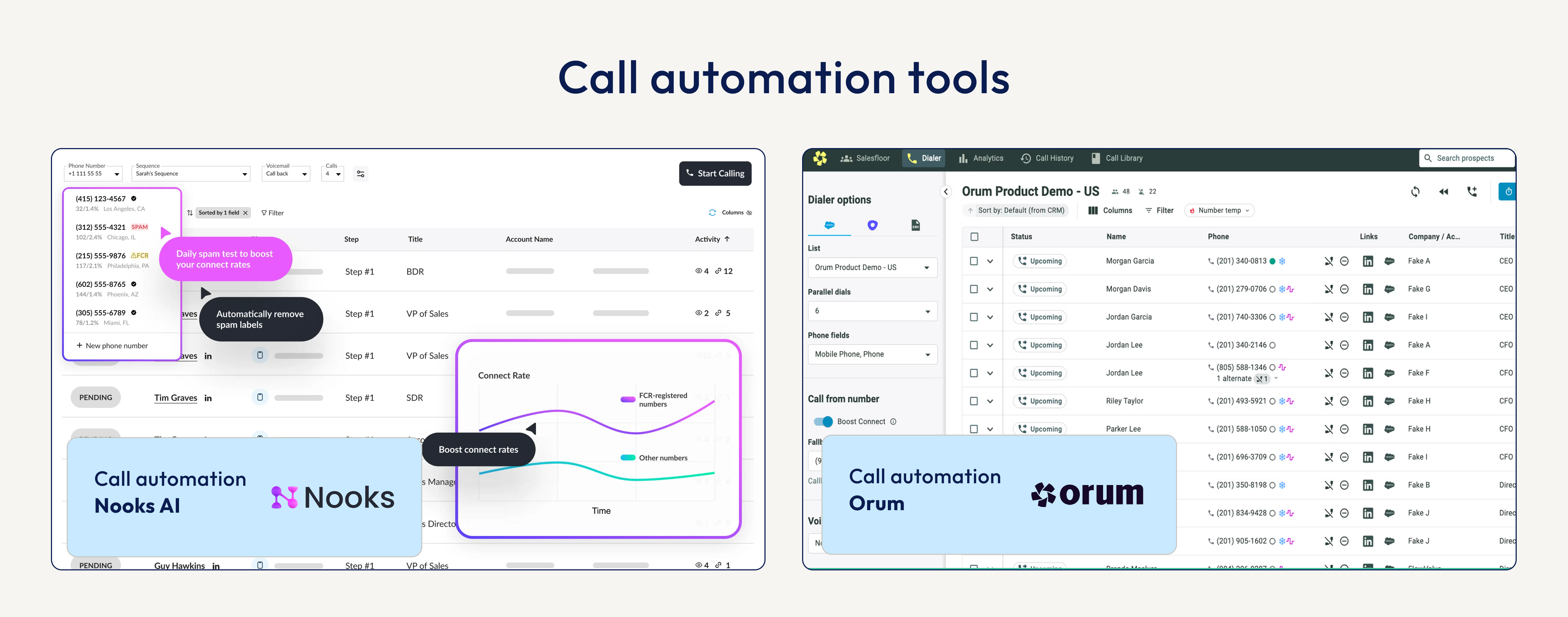
We’ve talked to more than 100 SMB tech companies. Cold calling remains one of the most effective channels to reach local businesses quickly, especially for transactional sales. Teams that succeed track their full pipeline—from pickup rate to talk time, meetings booked, and ultimately, closed deals.


Cold calling works especially well when you’re selling transactional products and can close by booking a demo.

Email campaigns can sometimes outperform cold calls when they are targeted and well-written. One effective tactic is to offer value first—such as featuring businesses on a blog, social media, or paying for their first ads—to build trust before initiating the sales conversation.
Zero-response campaigns typically point to problems with the lead list or misaligned messaging.
Top-performing teams mix outreach channels, combining email, cold calls, and sometimes even in-person contact to maximize effectiveness.

Successful teams integrate seamlessly with modern sales tools. Your product should support workflows built around:


Enrichment tools such as Openmart are used to complete lead profiles and increase connect rates